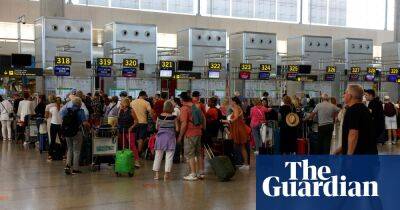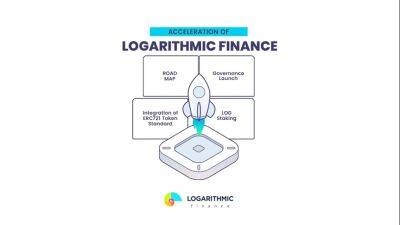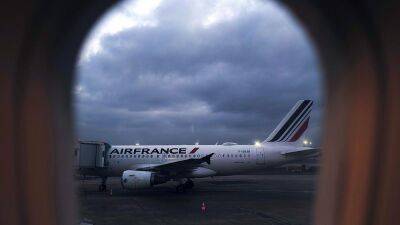UK used ‘deniable fiddle’ to hide £60m of payments to Saudis, court told
Payments of up to £60m to a future king of Saudi Arabia, his son and other high-ranking officials were approved by the British government as part of a huge arms deal and the UK then sought to conceal them in what it described as a “deniable fiddle”, a trial has heard.
Opening the defence of one of two men accused of corruption in the arms deal, Ian Winter QC told Southwark crown court that some of the payments were made to the then Prince Abdullah, who later became the Saudi monarch for a decade.
Winter also told the court that internal documents recorded that the British government and Abdullah organised “a deniable fiddle” to hide the payments.
The QC also alleged that the British government ensured payments continued to be paid to high-ranking Saudis until 2020 – eight years after the Serious Fraud Office began an investigation into the same payments.
Winter is representing Jeffrey Cook, 65, who, along with John Mason, 79, is being prosecuted by the SFO for authorising corrupt payments amounting to £7.9m to senior Saudis between 2007 and 2012.
The payments were made, according to the SFO, to ensure that a British firm, GPT, received lucrative contracts from the Saudi military.
Cook, a former Ministry of Defence civil servant, was GPT’s managing director. Mason worked for an offshore firm, Simec, that is accused of funnelling the bribes to the Saudis.
The contracts awarded to GPT were part of a large arms deal managed as a formal agreement between the UK and Saudi governments that had started in the 1970s.
Winter told the court the British government decided in 1978 that large payments had to be paid personally to Abdullah, then a prince, to ensure that the British won the original arms deal. This was a “fundamental necessity
Read more on theguardian.com




![Ethereum [ETH]: With the Merge just a few days away, here’s all you should know](https://finance-news.co/storage/thumbs_400/img/2022/6/5/28413_6gz.jpg)

















